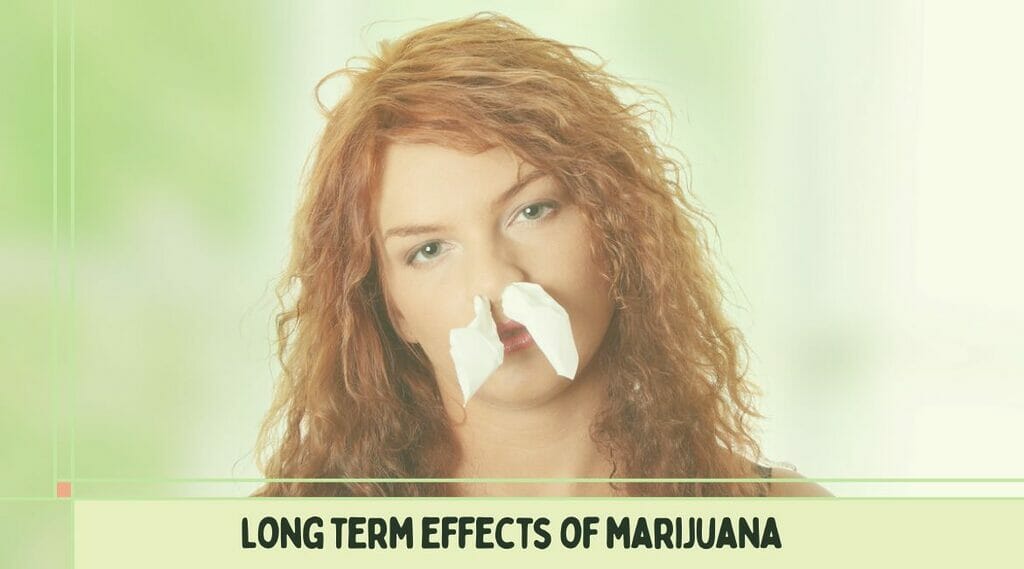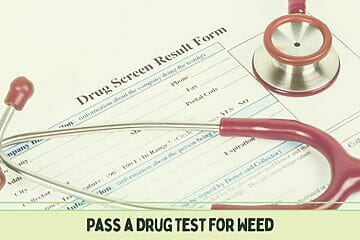Cannabis allergy is a condition in which an individual experiences an allergic reaction to the plant cannabis. This reaction can be triggered by inhaling cannabis smoke, eating marijuana or coming into contact with the marijuana plant itself. Symptoms of cannabis allergy can range from mild, such as redness and itching of the eyes and skin, to severe, such as difficulty breathing and anaphylaxis.
Table of Contents
The Cause of Marijuana Allergies
While the exact cause of marijuana allergies is not known, it is thought to be triggered by certain proteins in the plant. These proteins are similar to proteins found in other plants, such as ragweed and birch, which are known to cause allergic reactions in some individuals. When an individual with a sensitivity to these proteins comes into contact with marijuana, their immune system may mistake the proteins in the plant as harmful and release chemicals to fight them, resulting in an allergic reaction. Additionally, some individuals may be allergic to marijuana smoke, which can also trigger an allergic reaction.
The Diagnosis of Cannabis Allergy

Many people with allergic reactions to cannabis can recognize their symptoms in different ways. One way to see if you have a cannabis allergy is if you have an allergy to any of the following fruits, vegetables, or nuts, as they share some similar protein properties (cross-reactivity).
Another way is that the marijuana allergy can be diagnosed by a skin prick test or blood test. During a skin prick test, a small amount of the allergen is placed on the skin and then pricked with a needle. If the person is allergic to the allergen, they will develop a raised bump or hives at the site of the prick within 15 minutes. A blood test can also be used to diagnose a marijuana allergy. This test measures the level of antibodies in the blood that are specific to the allergen.
The Symptoms of Allergic Reactions to Cannabis
The most common marijuana allergy symptoms are;
Redness and itching of the eyes
Runny nose and congestion
Coughing, wheezing, and difficulty breathing
Rash or hives on the skin
Itchiness and swelling
Swelling of the face, lips, tongue, or throat
Anaphylaxis (a severe allergic reaction that can be life-threatening)
Treatment of Weed Allergy
The people who are dealing with allergies that most of the time there is no treatment to them. But what about marijuana? Is there a marijuana allergy treatment? People who suspect they are allergic to weed – whether it’s the pollen in the cannabis plant, mold from storage, or something else – should talk with a board-certified allergist.
People with mild symptoms may only need to avoid contact with cannabis plants or smoking marijuana; however, people with severe reactions may need to avoid all forms of cannabis, including edibles and topical products. As you see, the best treatment is avoidance.
Additionally, your allergist may recommend taking over-the-counter or prescription allergy medications to help manage symptoms. These may include antihistamines to reduce itching, swelling, and other allergic symptoms, and nasal sprays to help relieve congestion. In severe cases, your allergist may recommend immunotherapy, which involves administering small amounts of the allergen to gradually build up your tolerance to it.
Conclusion
Marijuana allergies are relatively rare, but they can cause serious reactions in those who are allergic to the plant. If you think you might be allergic to marijuana, the best way to find out is to see an allergist. They will likely perform a skin prick test or patch test to determine if you are indeed allergic to the plant. If you are found to be allergic, the good news is that there are treatments available that can help relieve your symptoms. However, the bad news is that there is no cure for marijuana allergies and you will need to avoid exposure to the plant in order to prevent a reaction.
How common is marijuana allergy?
It’s estimated that up to 10% of people may have an allergy to marijuana or THC. This number may increase as the plant approaches legalization and more reports become available.




